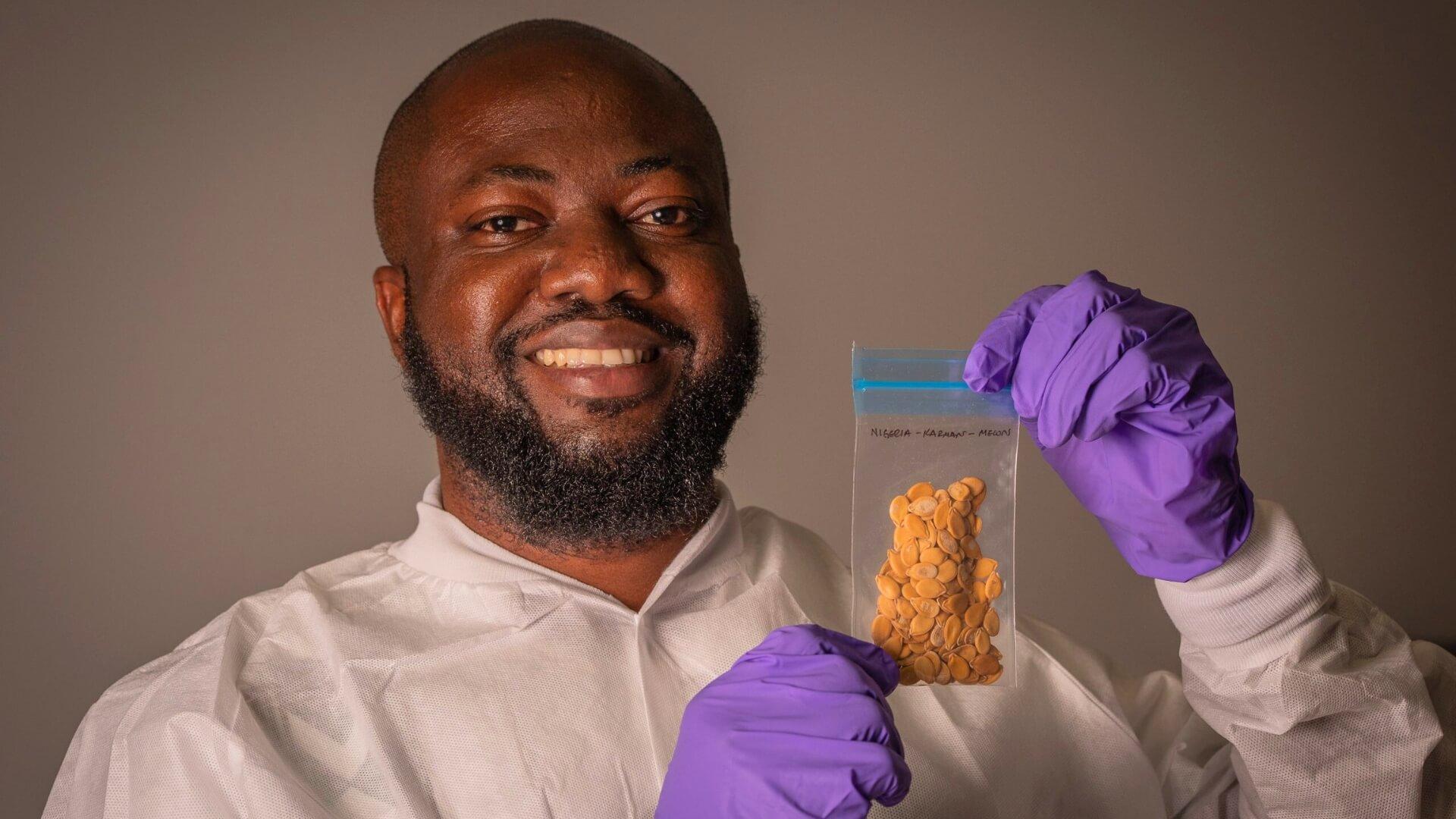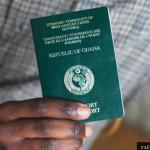Nigerian scientist Dr Temidayo Oniosun just made global history—sending egusi seeds from Oyo State to space, aiming to secure Africa’s future from the soil up.
Nigerian space scientist Dr. Temidayo Oniosun has made history as the first to send an African crop—egusi seeds—into space, a pioneering move that blends local pride with ambitious scientific goals and could advance Africa’s food security agenda.
Egusi is locked in and ready for launch.
— Dr. Temidayo Oniosun (@TemidayoOniosun) July 30, 2025
At exactly 5:09 PM Nigerian time (12:09 PM Florida time), a SpaceX Falcon 9 will lift off from Cape Canaveral, carrying Egusi seeds from Oyo State to the International Space Station. This will mark the first time seeds from Nigeria, and… pic.twitter.com/HtWH3shDV3
Launched on August 1, 2025, from Cape Canaveral aboard a SpaceX Falcon 9, the egusi seeds from Oyo State joined an international “Earth Seeds for Space” initiative, traveling to the International Space Station as part of NASA’s Crew-11 mission.
This marks the first time a West African crop, and any item from Nigeria, has orbited Earth. Dr. Oniosun, founder of Space in Africa, spearheaded the partnership with The Karman Project and Jaguar Space LLC to explore how these culturally and nutritionally important seeds adapt to microgravity, supporting future food cultivation in extreme environments.
Egusi’s selection is highly symbolic—renowned for resilience, nutritional density, and its widespread use across West Africa, particularly among Yoruba and Igbo communities.
The experiment’s stakes go beyond basic science: by examining egusi’s genetic and physiological responses to spaceflight, researchers hope to uncover new strategies for growing food in the face of climate change, unpredictable crops, and future space settlements.
From a food security standpoint, Dr. Oniosun emphasizes that “if space agriculture develops without African foods, Africa risks becoming only a consumer, not a contributor”—a sentiment echoed in ongoing campaigns to send more indigenous crops into orbit.
Once the seeds return later in 2025, they will be analyzed in both the U.S. (University of Florida) and Nigeria for genetic, metabolic, and morphological changes, assessing their viability for replanting and possible adaptation to extreme environments.
This first-of-its-kind mission is part of a broader initiative in partnership with the African Union to establish an African Space Center, supporting continuing research and Pan-African tech capacity.
Dr. Oniosun’s achievement not only advances African science on a global stage, but energizes communities at home by putting a beloved local crop—egusi soup’s staple—at the forefront of innovation.
His vision bridges tradition and technology, inviting Africans to shape solutions for planet Earth and beyond.
Leave a comment
Your email address will not be published. Required fields are marked *




